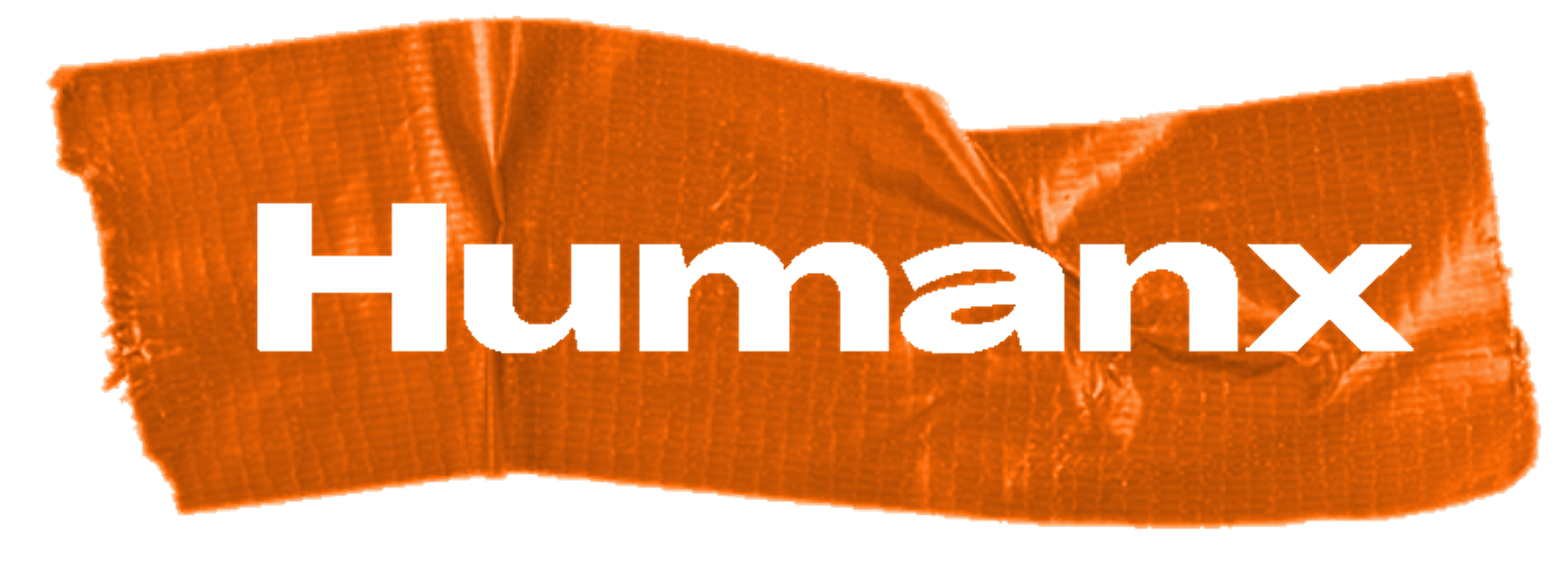There is something strange in the boardroom. A ghost of 1982 haunts again. But the '82 ghost busting playbook is broken. So, who ya gonna call?
Mark Ritson’s astute analysis of Kenvue’s current predicament in "The Painkiller vs. The President" illuminates a profound shift in crisis management. As Ritson notes, “2025 isn’t 1982”. The formulaic responses that once saved brands may now seal their fate. The Tylenol tampering crisis of 1982 demanded swift action, transparency, and corporate heroism. Today’s challenge requires something more nuanced: the courage to let truth speak for itself through real voices.
The acetaminophen controversy presents an opportunity for Kenvue to demonstrate that behind their brand stand real people with expertise earned through decades of scientific inquiry. The safety data for acetaminophen isn’t hidden in some corporate vault. It lives in thousands of peer-reviewed studies, clinical trials, and medical journals. The problem isn’t the data’s existence; it’s its inaccessibility. These studies, written in the language of academia, might as well be hieroglyphs to parents standing in pharmacy aisles at 2 AM with feverish children, having been exposed to umpteen viral headlines. Instead of issuing polished corporate statements or launching defensive media campaigns, Kenvue should consider a radically different approach: invitation over defense, experience over explanation.
Kenvue should open its doors, literally and figuratively: inviting medical students, seasoned physicians, researchers, skeptics, and believers into a transparent conversation about acetaminophen. Not a sanitized corporate event with talking points and controlled messaging, but an genuine exchange where real questions meet real expertise without filters. Let an expecting mother ask the questions that keep parents-to-be awake at night. Let an emergency room physician explain why they reach for acetaminophen when their own child has a fever. Allow a researcher to walk through decades of safety studies, not in corporate-speak, but in the language people use over coffee. Create immersive spaces where misinformation can be stress-tested against established, evidence-based science. Don’t silence the doubters. Engage them! Let the caregiver who read a frightening social media post sit across from the professional who has safely dispensed doses. Document these exchanges with the raw honesty the laboratory of public opinion demands. Because while people don’t trust brands anymore, they still maintain degrees of trust in people. Thus participating scientists can’t be corporate shills; their motivations should be driven by the same desire to protect families that motivates any parent. Physicians shouldn't follow sanitized scripts; they should apply knowledge earned through years of training and practice without bias. All must come with receipts of credibility and remain open to public scrutiny.
By stepping back and ceding attention to these voices, Kenvue can transform from a corporate actor in a partisan drama into a host and facilitator of genuine medical discourse. 2025 requires, as Ritson identified, strategic restraint: the wisdom to know when not to act directly, but still act purposefully. Regardless of authenticity, some will still choose to reject scientific consensus because... that’s why. It’s the cost of living in a polarized and politicized environment where people pluck truths out of thin air with the randomness of snowflakes. But for those genuinely seeking understanding, this approach offers something corporate communications rarely provides: the opportunity to experience expertise. The safety record of acetaminophen doesn’t need defending or press releases; it needs explaining through the voices of the people who know (and understand) it best with empathy for rational skeptics.
In a post-truth age of mass misinformation and mistrust, a most radical strategy is the oldest one: Let real humans share the truth in their own words and trust rational humans to recognize authenticity and credibility. When crisis and chaos are manufactured daily the strongest counter is to not counter, but rather convene and converse openly, honestly and objectively. In 2025, not pulling punches means removing yourself from the center of conversation and letting the truth emerge through the people who live it, regardless of their perspective.
Truth erupts most powerfully through authentic human voices. But, in 2025's complex information ecosystem, there is no quick counter for misinformation. The art lies in achieving experiential amplification without compromising the authenticity that makes these voices credible in the first place; building bridges of connections as pathways to shared understanding.
